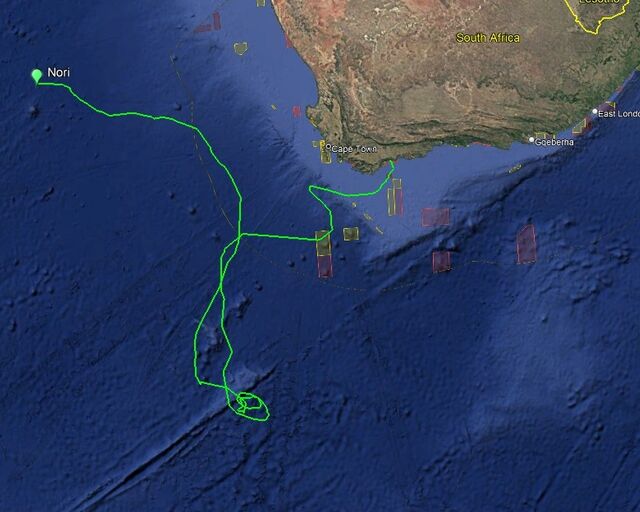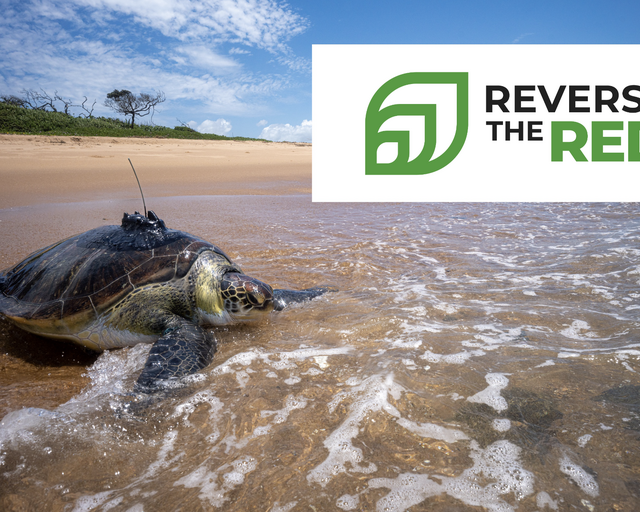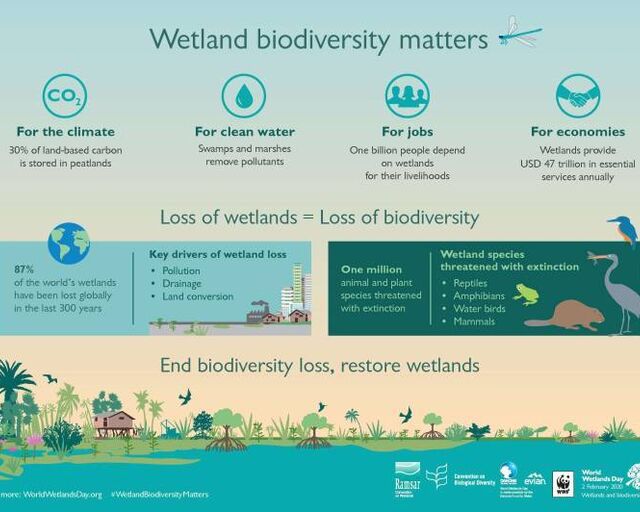How Exposure Days bring the ocean to life for our Marine Sciences learners
For our Marine Sciences FET learners, Exposure Days are an opportunity to step beyond theory and experience the wonders of the ocean world first-hand. These practical sessions bring classroom theory to life, spark curiosity, and deepen understanding.
This July holiday, our Marine Sciences team hosted three separate Exposure Days for our Grade 10, 11, and 12 learners. Each outing was uniquely designed to enrich the curriculum and inspire a lasting appreciation for the ocean.
Grade 10 – The ocean on the big screen
On 17 July, 20 Grade 10 learners gathered at the iconic Labia Theatre for a special screening of Ocean with David Attenborough. The film’s breathtaking visuals and powerful message have direct ties to the Marine Sciences coursework, encouraging critical reflection and heartfelt conversations about human impacts on marine life. To make the experience interactive, learners completed worksheets during the screening, reinforcing key outcomes in a fun and engaging way.
For many learners, it was their first time visiting the Labia Theatre, making the outing both educational and unforgettable. As one learner reflected, “I didn’t know how much life was in the ocean until I saw it on that big screen. It made me want to protect it more”. Another added, “I didn’t know what trawling looked like before – seeing all that destruction really shocked me. It’s worse than I thought”.
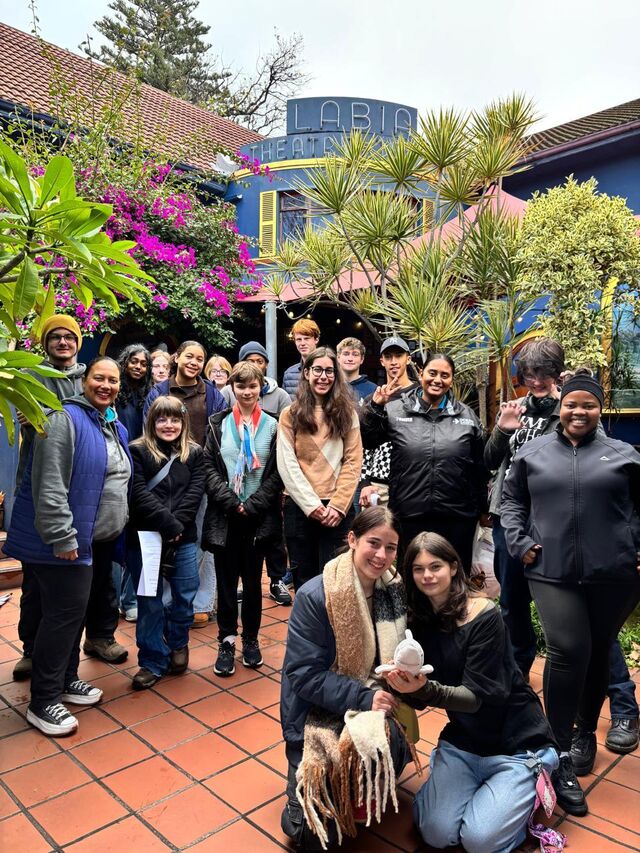
Grade 11 – Hands-on marine science
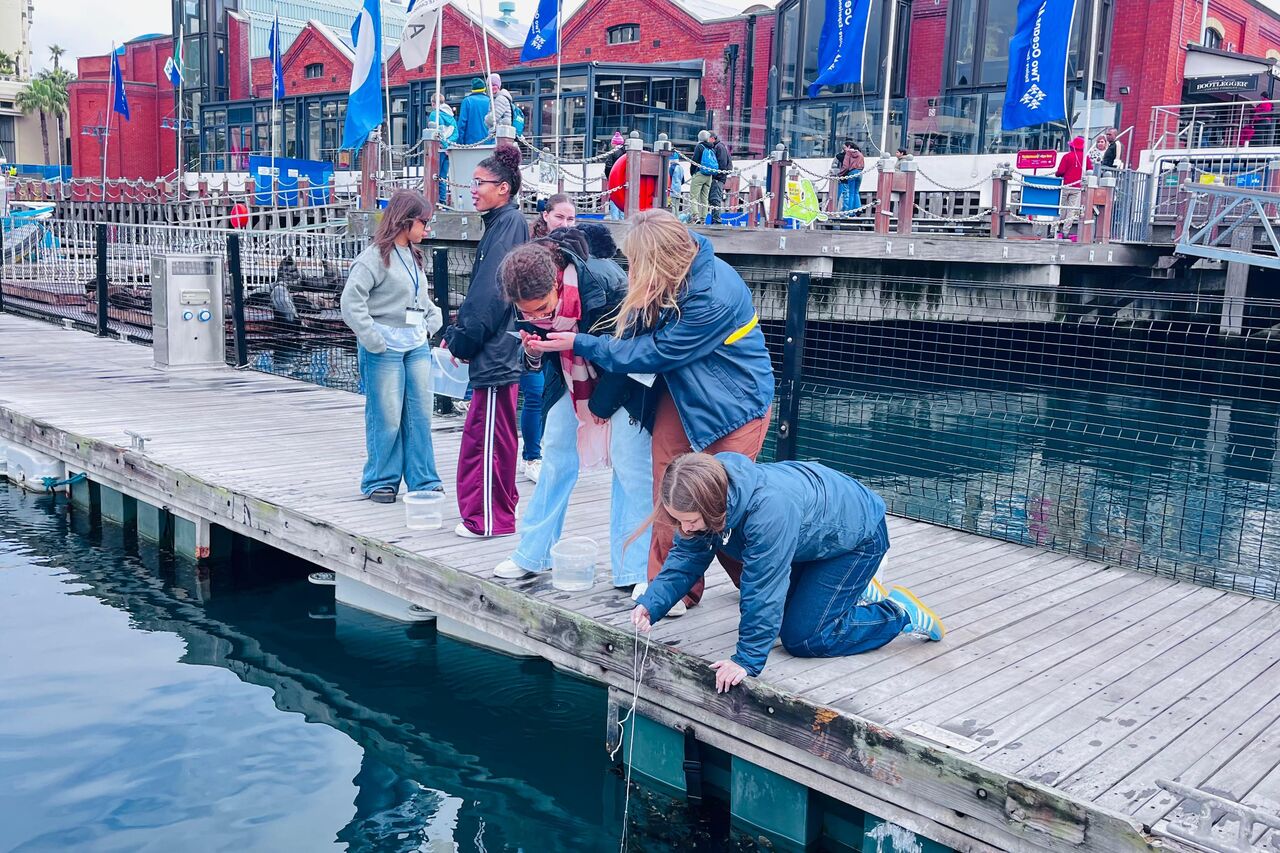
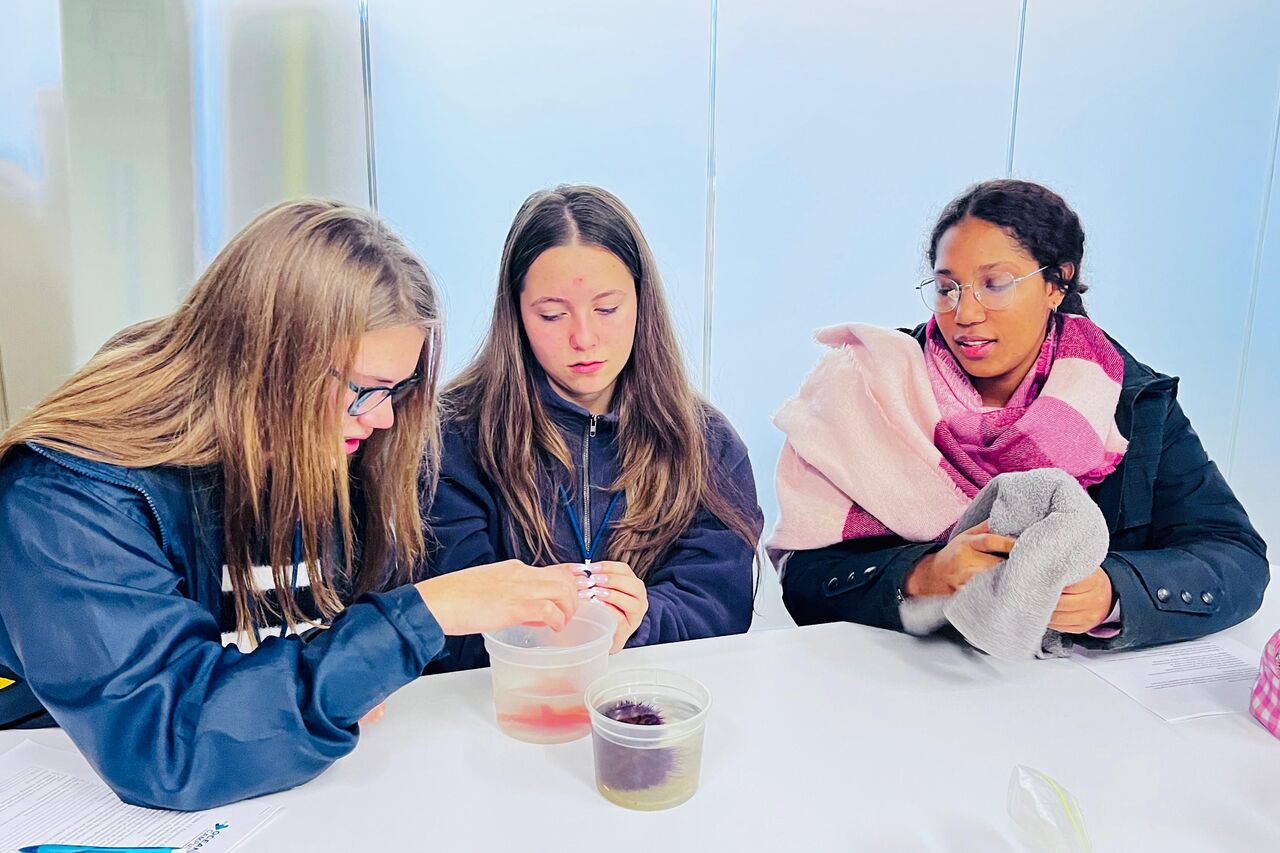
On 6 July, our Grade 11 learners rolled up their sleeves for a full day of discovery. With a focus on marine biology and oceanography, learners conducted experiments and fieldwork that connected theory with real-world applications.
During the day, they examined sea stars and urchins to identify adaptations such as symmetry and spiny exteriors, observed how sea urchin shells dissolved in vinegar as a striking example of ocean acidification, and tested the pH of unknown solutions using digital meters to sharpen their problem-solving skills. Learners also investigated how carbon dioxide impacts ocean chemistry. They then visited various sites around the V&A Waterfront harbour, where they measured water clarity (assessing how light penetrates the water), collected water samples, and determined salinity levels in the Aquarium classroom. These activities not only strengthened their scientific skills but also revealed how human actions are shaping our oceans in visible, measurable ways.
At the end of the day, the learners reflected on their experiences, sharing their deepened appreciation for marine ecosystems and the delicate balance required to sustain them. The Exposure Day reminded them that the challenges of climate change and ocean health are not abstract concepts but urgent realities that science can help address.
Grade 12 – Learning at the Iziko Museum
Our matric Marine Sciences learners took to the Iziko South African Museum for their Exposure Day, where a blend of revision and experiential learning brought their curriculum into focus. The day began with the planetarium’s screening of “We Are Stars”, a visually captivating journey through the origins of the universe, matter, and life. The short film connected beautifully with Marine Sciences topics like ocean formation and chemistry.
After the screening, learners embarked on a mobile revision session through the museum’s marine and environmental exhibits. Guided by pre-prepared questions, they stopped to unpack displays on marine vertebrates, climate systems, and biodiversity. At each stage, learners were encouraged to respond to questions, engage in discussion, and share ideas before receiving feedback and insights on common exam mistakes. This interactive approach helped reinforce key content while creating space for critical reflection and real-world connections.
By the end of the day, learners were left with a solid foundation for exam preparation and a deeper understanding of the living ocean systems they had studied in theory. What better way to prepare for an exam?
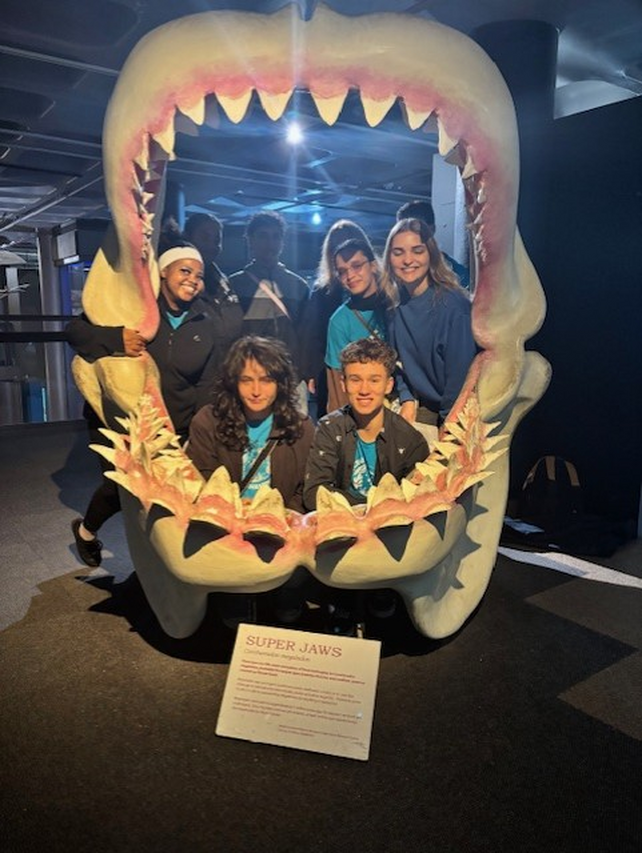
Why Exposure Days matter
These three experiences highlight how the Marine Sciences subject brings theory to life. Whether watching a documentary, conducting experiments, or exploring a museum, our learners were able to connect classroom concepts with the incredible, diverse ocean world they are so passionate about.
Exposure Days remind us that education is more than textbooks: It is about curiosity, connection, and inspiration. For our Marine Sciences learners, it is also about preparing to be the ocean champions of tomorrow.
Related News
Sign up to our Newsletter
Receive monthly news, online courses and conservation programmes.
